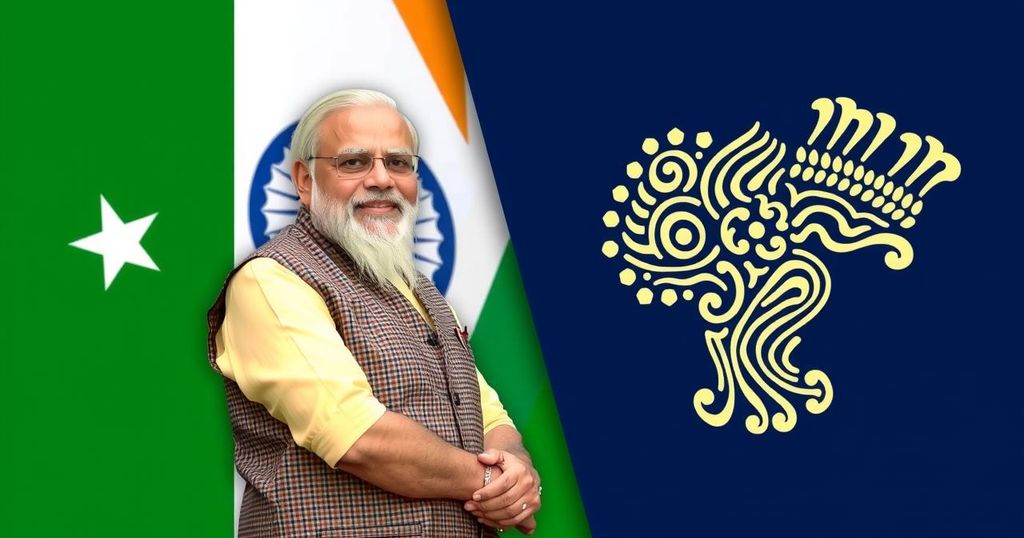Restoration of Bilateral Ties: Indian PM’s Landmark Visit to West Africa

The Indian Prime Minister’s recent visit to West Africa is significant, marking the first visit in 17 years echoing the strong historical ties between India and Nigeria. Both countries, characterized by large populations and diverse societies, have benefitted from extensive diplomatic, educational, and economic relations. With robust investments from India and significant government support through scholarships and developmental aid, this visit aims to further strengthen their partnership.
The recent visit of the Indian Prime Minister to West Africa marks a significant moment, as it is the first of its kind in 17 years, with the last visit being by former Prime Minister Manmohan Singh to Nigeria in October 2007. During Singh’s tenure, India and Nigeria elevated their relationship to that of a “Strategic Partnership.” These two populous nations, with India being the largest democracy in the world and Nigeria the largest in Africa, have shared diplomatic ties since 1958 when India established its diplomatic house in Lagos, two years prior to Nigeria’s independence. This relationship has spanned over six decades, encompassing an array of cultural and educational exchanges. Indian teachers and medical professionals significantly impacted Nigeria’s development from the 1960s through the 1980s, providing education and healthcare. This historical connection continues today; many Nigerians view India as a prime destination for education and medical treatment, fostered by a notable Indian expatriate community of approximately 60,000 individuals, the largest in West Africa. Currently, over 200 Indian companies contribute around $27 billion in investments across various sectors in Nigeria and serve as the second-largest employers in the country. India has also functioned as a development ally, offering concessional loans totaling $100 million and providing extensive capacity-building training under the Indian Technical and Economic Cooperation (ITEC) programme, with more than 27,500 Nigerians benefiting since the 1970s. Furthermore, scholarships for Nigerian students are made available through various initiatives including the India-Africa Forum Summit, e-Vidya Bharati, and other educational exchanges. These efforts are rooted in a mutual goal of enhancing bilateral relations and fostering sustainable growth in both nations.
This article delves into the significance of the Indian Prime Minister’s visit to West Africa, specifically highlighting the long-standing ties between India and Nigeria. The historical context of this relationship is enriched by past educational and healthcare contributions from India to Nigeria, which have laid the groundwork for mutual cooperation in recent times. Understanding this background provides insight into the strategic partnership that has formed and the potential for future collaboration in various sectors.
In summary, the Indian Prime Minister’s visit to West Africa represents a pivotal effort to enhance bilateral relations with Nigeria, rooted in a shared history of cooperation, educational exchanges, and economic investment. The two nations stand as natural partners, poised to leverage their democratic values and diverse societies to foster a robust strategic partnership that benefits both parties and promotes sustainable development initiatives.
Original Source: m.economictimes.com







